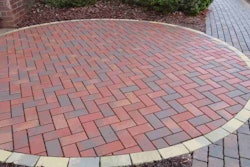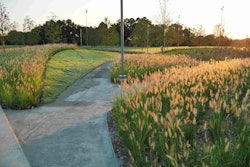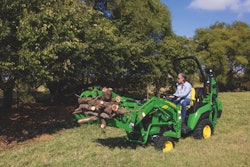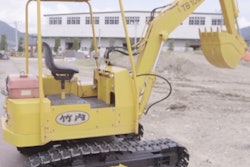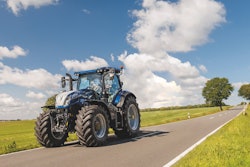 Photo: Marcelo Jorge Vieira/Flickr
Photo: Marcelo Jorge Vieira/FlickrA California landscaper is facing a fine of $10,250 for allegedly storing pesticides in a soda bottle and leaving it among other drinks, after which an employee drank some of it and became sick.
The Kern County Department of Agriculture and Measurement Standards proposed the fine against Alfredo Diaz, owner and operator of Alfredo Landscaping in Bakersfield.
Investigators called for enforcement after learning of the incident, which occurred in March 2016. Diaz, an unlicensed landscaper, put Diquat herbicide in a soda bottle and then placed it in an ice chest with other drinks as he left for work.
Later in the day an employee working for Diaz drank from the bottle containing Diquat. The individual was hospitalized for more than two weeks and is facing long-term health issues. Diquat is an odorless weed killer that is toxic to humans.
“Pesticide regulations exist for a reason,” Ruben Arroyo, the Kern County Agricultural Commissioner, said in a press release. “A violation of a seemingly simple rule can sometimes lead to serious consequences.”
The proposed fine results from a number of violations found by investigators, including illegal storage of a pesticide in a container commonly used for food, drink or household products, and illegal transportation of a pesticide in the same compartment with food or feed.
Outbreak in fires causes township to ban mulch
An overabundance of mulch fires has caused the township of Lower Macungie, Pennsylvania, to ban flammable materials from parking lot landscaping.
Mulch fires usually aren’t of much concern, but unusually dry weather and discarded cigarette butts have caused the local fire department to respond to far more calls about landscaping fires.
 Excessively dry weather can cause mulch fires to be much more likely.
Excessively dry weather can cause mulch fires to be much more likely.Photo: Kingston Fire Department
Bark mulch, wood chips and other wood products are now banned from parking lot landscaping, but existing parking lots have been grandfathered in. Planning director Sara Pandl said the township and fire department would contact property owners of these parking lots and discuss making a change.
“They have options of using landscaping stones or ground cover or something else that could work,” she told The Morning Call.
According to the National Fire Protection Association, bans on indoor smoking have led to an increase in landscaping fires as smokers tend to flick cigarettes into the mulch before going inside.
The executive director of the Pennsylvania Fire and Emergency Services Institute, Donald Konkle, said he wasn’t aware of any other municipalities that have banned mulch outright. However, Konkle said many volunteer fire departments are looking for ways to reduce nuisance calls as volunteer recruitment and retention become more challenging.
Landscapers propose compromise on blower ban
On Jan. 17, the City Council of Newton, Massachusetts, voted for stricter blower regulations, but now landscapers are requesting an appeal.
A coalition of more than 30 landscaping companies feels that the city councilors have been misinformed and the group has asked the mayor to consider their proposal instead.
In their proposal, the landscapers listed their preferred hours of use and what decibel levels they would be allowed depending on the season. They argued that the current vote benefits no one, as it increases the amount of labor needed to maintain the city and increases service costs to the 70 percent of residents who hire landscapers.
They claim noise and pollution would stay the same if they used electric blowers because they would have to keep gas-powered generators running to charge the tools’ batteries.
The landscape group’s proposal focuses on lessening the number of leaf blowers on the property and the amount of time they can be used.
“We can continue to do our job in a quick manner and move on, as opposed to using equipment that is 50 percent to 75 percent less powerful, which will just increase the duration of a job with an 80-decibel generator replacing a 65-decibel blower,” wrote Jon Sneider, on behalf of the landscape company coalition.
The group went on to highlight that the current law is one of the strictest in the country and contended that it is imperative for landscapers to have access to the powerful equipment they need to get the job done.
The coalition encourages residents to email the city councilors and share why they disagree with the recent vote.

